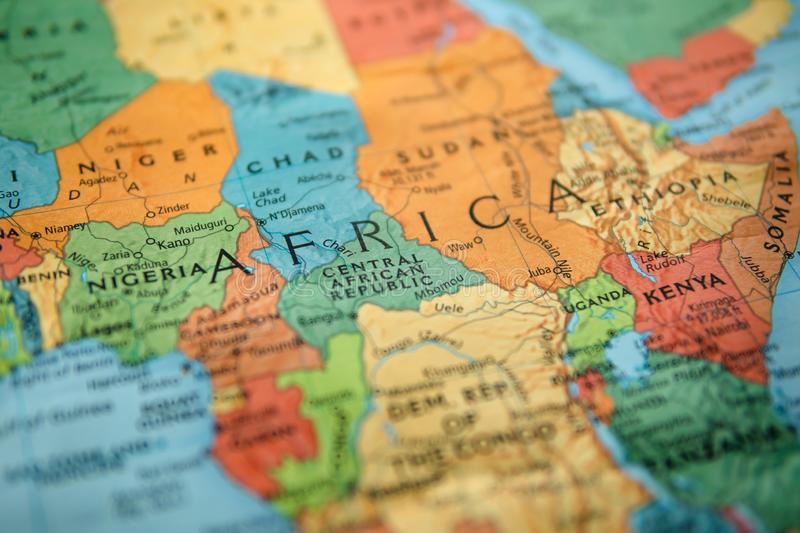Africa-Press – South-Africa. Energy regulator Nersa has confirmed that the petroleum pipelines tariff will increase by 5.23 cents per litre this year and 3.80 cents per litre in 2026.
This follows its approval of Transnet’s allowable revenue for the 2025/26 and 2026/27 financial years.
Similar to how it allows Eskom to set and recover certain revenue, Nersa sets the Petroleum Pipelines System tariff so Transnet can increase this revenue.
For 2025, Transnet was granted an 8.73% in allowable revenue to R7. 84 billion, and an increase of 5.71% in 2026/27 to R8.29 billion.
The pipelines tariffs are used by the Department of Mineral and Petroleum Resources as a proxy
for the cost of transporting fuel from Durban to Johannesburg.
It is one of the tax components of petrol prices, usually impacting inland prices.
More positively the allowable revenue granted was much lower than what Transnet applied for.
Nersa received Transnet’s tariff application for the 2025/26 and 2026/27 tariff periods back in August 2024, as a condition of its licence to operate its Petroleum Pipelines System.
It applied for an allowable revenue of R8.7 billion for the 2025/26 FY, a 20.77% increase.
The Transnet application, if approved, would have resulted in an increase of 13.34 cpl in the Durban-to-Alrode tariff in the 2025/26 FY, followed by a 0.58 cpl decrease in the 2026/27 FY (13.92 cents in total).
The final approved tariff over the two years is 35% lower at 9.03 cents per litre.
“The pipeline system is generally the most cost-effective mode of transportation of petroleum and petroleum products from the coast to the inland area, apart from using rail or road transport,” Nersa said.
“This is of special importance for the alleviation of the pressure on both the rail and road infrastructure, noting the road accidents involving tankers in recent times.”
The Energy Regulator said it will continue to monitor the shifting of fuel volumes away from road and rail transport to the pipeline system.
Fuel tax changes for 2025
Finance Minister Enoch Godongwana gave motorists a break in the 2025 Budget, but things could change.
The petroleum piping levy is one of two tax changes for petrol and diesel in 2025, the other being the increase to the Carbon Fuel Levy, announced in the revised 2025 budget.
From 2 April 2025, the carbon fuel levy increased by 3cpl from 11cpl to 14cpl for petrol and from 14cpl to 17cpl for diesel, as required under the Carbon Tax Act (2019).
These increases are relatively small, and South African motorists were given a big reprieve by having the General Fuel Levy and Road Accident Fund Levy frozen for another year.
These fuel levies have been frozen since 2022, but still comprise the biggest tax portion of the petrol and diesel price at R3.85 (petrol) and R2.18 per litre, respectively.
Finance Minister Enoch Godongwana noted that not increasing the fuel levies in 2025 would pass R4 billion in tax relief onto taxpayers amid a 0.5 percentage point hike in VAT.
However, there is some degree of uncertainty about whether this relief will stick.
Following the tabling of the 2025 budget in March, political parties have taken great exception to the VAT hike and are now looking for a way to reverse it.
With the help of smaller parties like Action SA and BOSA, the ANC-led Government of National Unity passed the fiscal framework of the budget unchanged, making it difficult to implement any changes.
Godongwana stated explicitly that the budget’s total spending and revenue numbers cannot be changed.
Removing the VAT hike would require about R13 billion in additional tax revenue to be found somewhere else.
As the parties look for alternatives, a quick measure could be to cut the tax relief measures and implement higher fuel levies—though this would not account for the full amount required.
Parties are in the process of submitting and discussing proposals for budget changes. There are two weeks left before the VAT hike kicks in on 1 May 2025.
Source: businesstech
For More News And Analysis About South-Africa Follow Africa-Press






